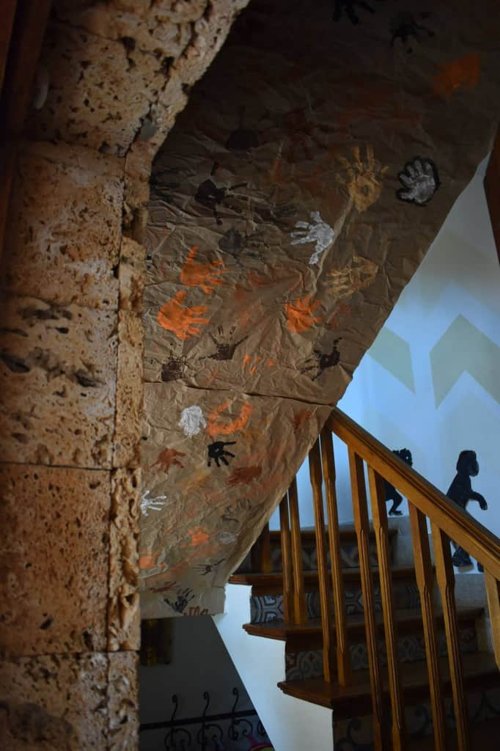An integrative and project-based approach to learning ensures experiential knowledge that children benefit from throughout life.

We’re different
Our integrative approach means that the knowledge gained is applicable, experiential, and practical.
Science laboratory
Experimental learning - Learning through trial and error – Formulating and testing hypotheses - Analytical thinking – The "aha" effect during knowledge acquisition
Work education
Acquiring work habits - Building confidence in the child - Developing responsibility - Strengthening team spirit and collectivity - Setting clear boundaries – Development of self-confidence
Empathy with nature
Respect for nature - Enthusiasm toward studying natural phenomena - Caring for our local plants and animals - Learning about natural cycles - Empathy with nature
Outside learning
The classroom without walls - Space as an educator - Practical application of knowledge – An active attitude toward the subjects of study – An adventurous approach to gaining knowledge - Direct contact between students and the things about which they are learning
Science laboratory
This is custom heading element
Work education
Acquiring work habits - Building confidence in the child - Developing responsibility - Strengthening team spirit and collectivity - Setting clear boundaries – Development of self-confidence
Empathy with nature
Respect for nature - Enthusiasm toward studying natural phenomena - Caring for our local plants and animals - Learning about natural cycles - Empathy with nature
Outside learning
The classroom without walls - Space as an educator - Practical application of knowledge – An active attitude toward the subjects of study – An adventurous approach to gaining knowledge - Direct contact between students and the things about which they are learning